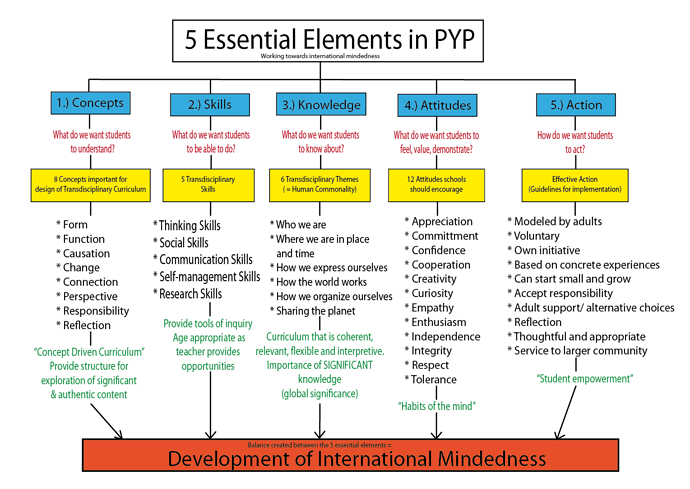When development is taught in schools, like reading and math
Think about it. Right now human development is a specialized knowledge. It’s required education for child specialists like teachers, social workers, therapists, and beyond that the domain of geeks like us or those fascinated enough to pursue it academically or scientifically.
But should it really be for geeks and specialists?
Who needs to understand human development? …EVERYONE!
Why?
Because chances are at some point the vast majority of the human population is going to have a kid. And if you’re not going to have one of your own, you are certainly not never going to be around them or encounter them.
But think about it: who is in dire need of the specialized knowledge of human development than…any and every parent that has ever lived or will live! Yet we do nothing to prepare the people who need the knowledge most, which is to say, pretty much everyone.
So we say in school “you’re going to need some basic arithmetic because you will use it in life; you’re going to need to know how to read; you’re going to need this, that, the other so you can grow up and be successful and have a career” but we say NOTHING the most important knowledge just about everyone is REALLY going to need because everything that matters rides on it.
So this is a bit of a rant but after all of these years it finally came to me last night. Development must be taught in schools. EVERYONE, to complete their education should pass and leave with at least a basic and rudimentary knowledge.
But it should be almost as required and rigorous as math and reading.
The question comes, how do you do that? How do you teach the developing about development?
Easy. You start in kindergarten and/or first grade with education about babies and toddlers. You think they couldn’t use that in their present lives (younger siblings etc), you think they wouldn’t love that? You think the world wouldn’t be better if first graders knew what made babies and toddlers tick?
When you get to 7-9yrs you review babies and toddlers and move on to preschoolers and emerging school-agers. I can’t think of a 7-9yr old conop who would not love and be proud of that knowledge.
When you get to middle school it’s time to review, babies, toddlers, preschoolers and school-agers and then add the wonder that is the symbolic flowering of conop.
Now, because that is the stage the middle schooler is at, I can’t think of a middle schooler who wouldn’t be fascinated (whether they’ll admit it or not) at understanding not just the younger but who they are and how they got here.
With the prospect of babies becoming a real possibility as they pass pubescence, what better way to have prepared them for who they will become and what could result right along with sex education.
When you get to high school review it all again - babies, toddlers, preschoolers, school-agers, symbolic flowering, add emerging identity, post pubescence and sexuality and then add, what has been emerging already, the real ins and outs of having a baby, a family, cost, budgets, time, career, etc.
Think of the world we could live in if all humans had knowledge of human development.
You don’t need Integral, you’d just have a waaaaaaaay better world, to grow up in, to live in, to start it all over again.
However, it’s obvious Second Tier is required to even THINK of this. Because green has had a huge hold on and investment in education itself since emerging enough to have real influence…and it’s never been proposed to date.
We will know we are starting to live in at least a Teal hued world truly, when human development is taught in schools with the imperative of math, reading, science, even religion in private religious schools.
It’s such a “d’uh!” thing when you realize…90-something percent of these students…will one day be parents.


